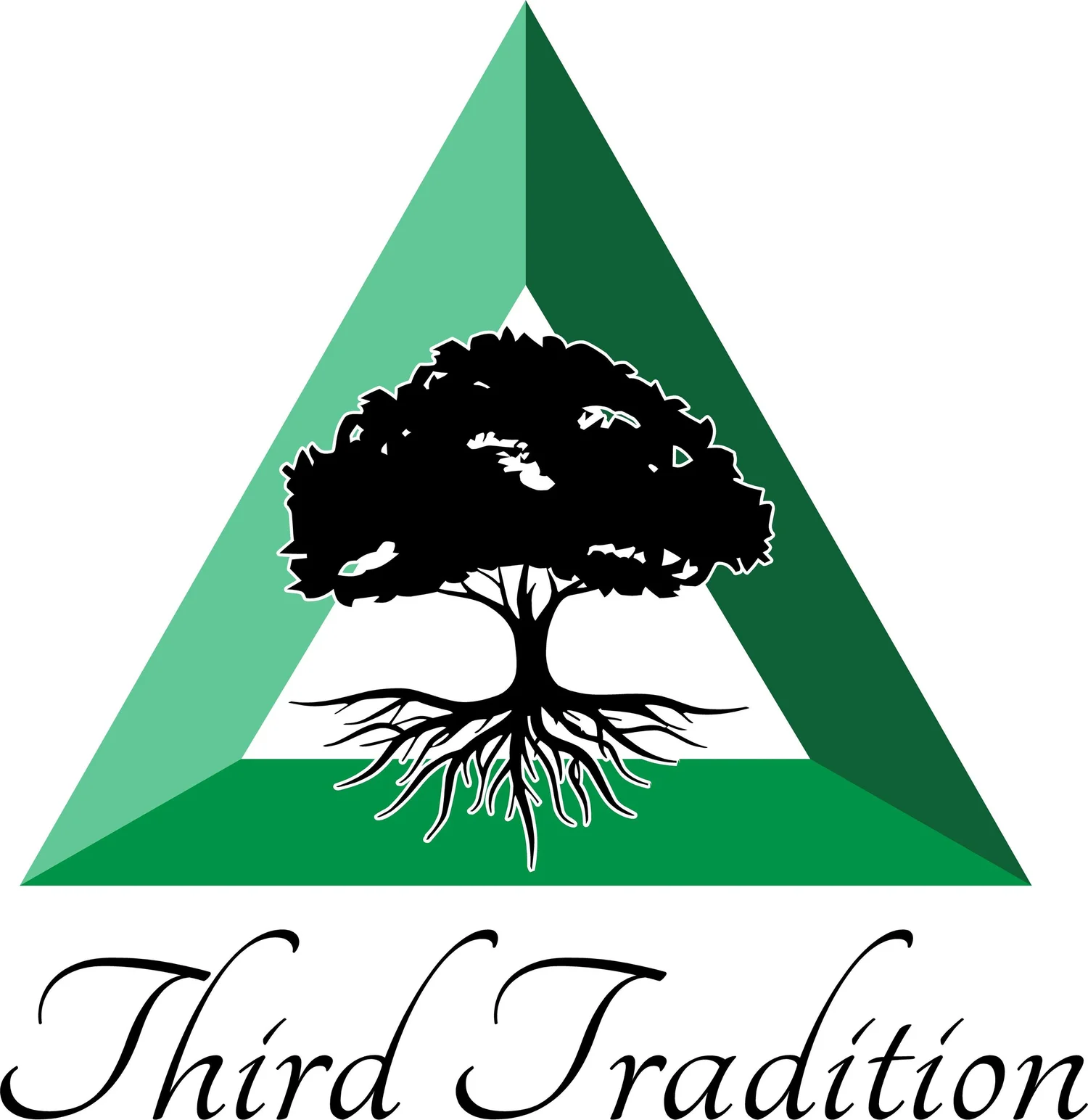Male and Female Community-Based Sober Living

"Reclaiming Sobriety: A Path to Lasting Recovery"
Our mission and purpose
The primary goal of the organization's leadership is to provide residential services in a supportive, drug-free, learning environment for adult males and females: to help them become self-sufficient, and fully functioning adults and citizens.
What We Offer
• 24-hour supervised residential care.
• Substance abuse education and awareness
• Access to health and social services
• Psycho-social case management and support services via mentoring, counseling, and/or support groups
• Life skills and character development
• Family reunification and community reintegration services
• Education and referrals to community support programs
• Permanent Housing referrals/placement
Contact us.
Take the crucial first step towards your recovery by leaving your information, and rest assured that we will promptly reach out to you.
Contact us.
Take the crucial first step towards your recovery by leaving your information, and rest assured that we will promptly reach out to you.
Sobriety and Substance Abuse
Participants are tested upon arrival to determine if the individual is entering the program free of any illegal substances. Third Tradition operates a drug-free facility and focuses on continuous sobriety. At entry each participant is given a urine analysis drug test, if the test is positive, it is noted and reported on the intake contact log. All positive participants are tested again within 3-7 days, depending on the substances found during the initial screening test.
Many participants will have alcohol or drug histories besides other behavioral health challenges and a drug-free environment will help participants overcome their addiction(s) and provide a foundation from which to mature. Regular participant random drug testing is conducted and coordinated by the Director and/or Case Manager. Drug testing allows the program to better manage participants and reduce the chances of participant relapse.
In addition, Third Tradition provides in-house life skills as part of the SLE learning environment.
Third Tradition realizes that there are a variety of behaviors that must be managed such as disrespect for authority, hyperactivity and inattention, lack of self-control, and sometimes aggression.
The SLE environment focuses on cooperation and how mood (learned negative behavior) can negatively impact social skills, coping, and cause conflict. Third Tradition provides daily living skills as a pragmatic approach to learning to get along. Anger management classes are also available for participants who can benefit from such coursework. The program provides daily work activities that are assigned and monitored for each participant to better grow positive behavior change.
